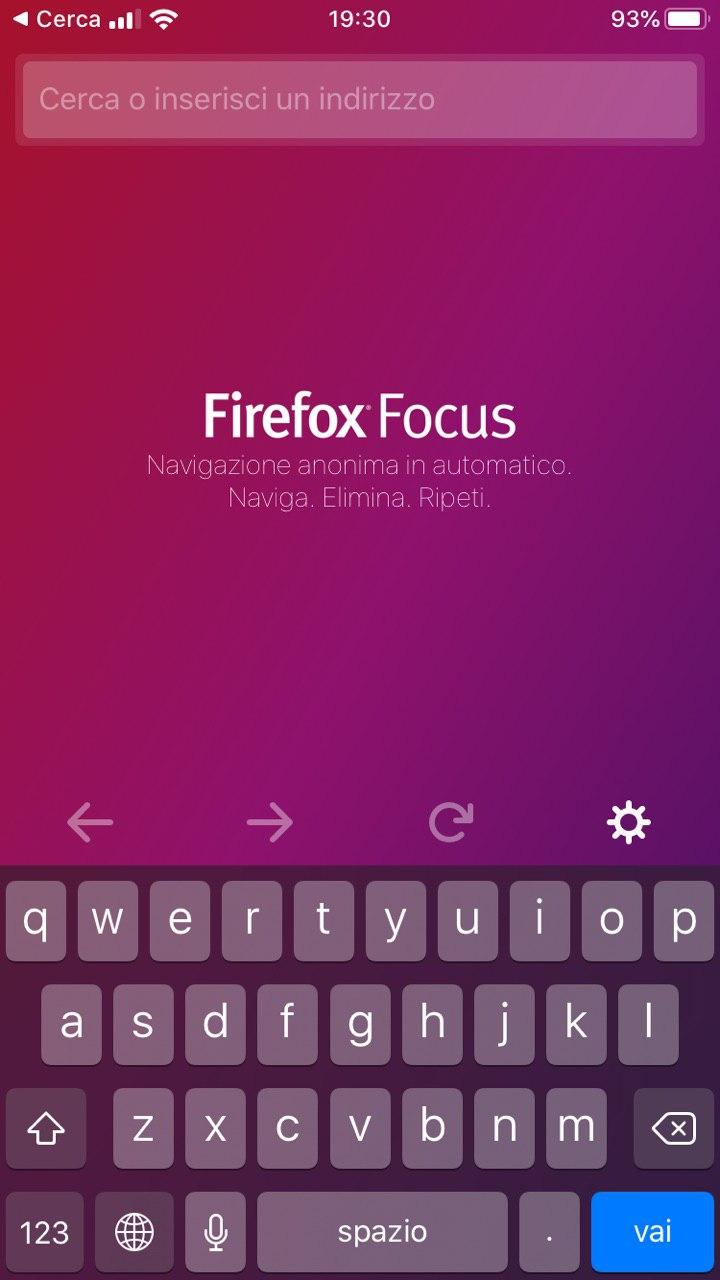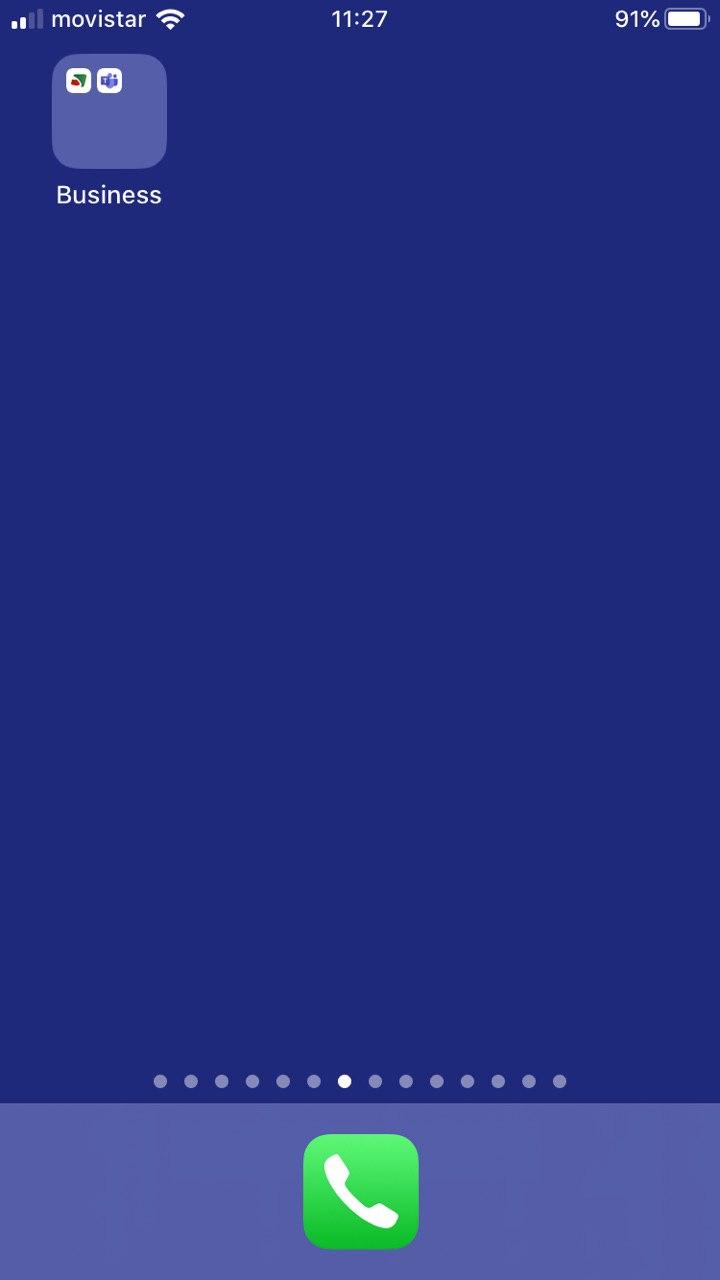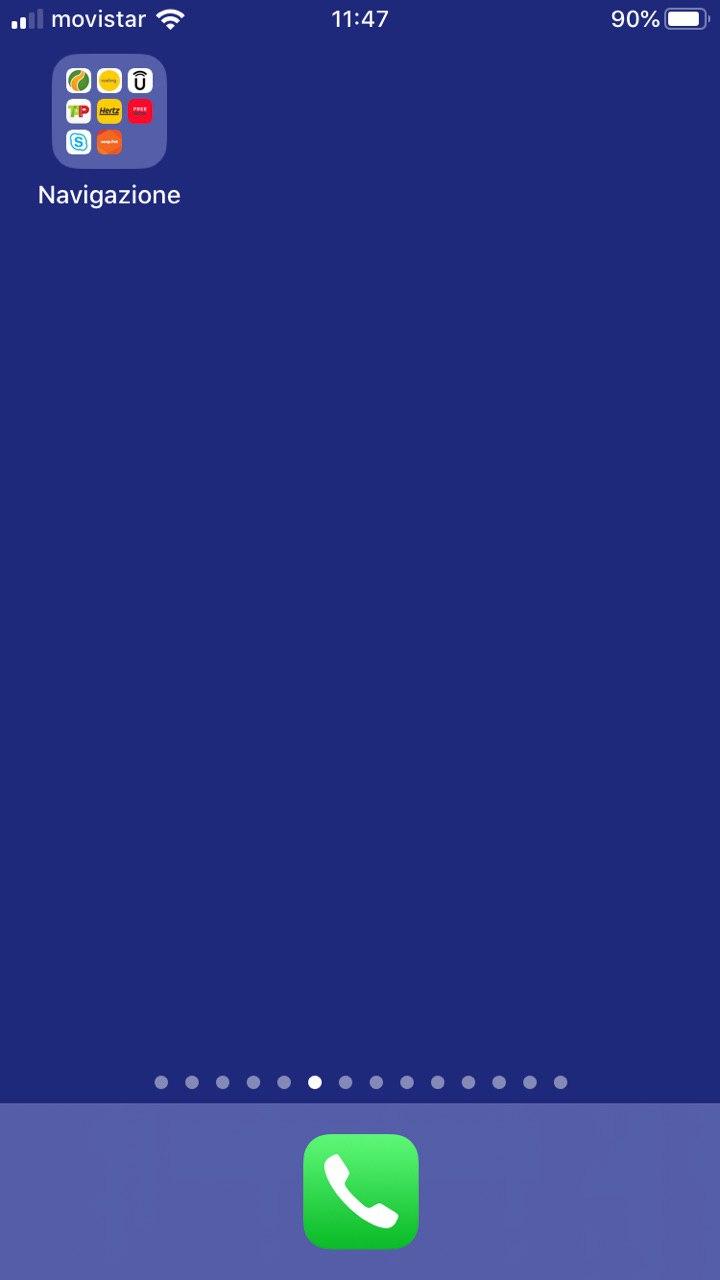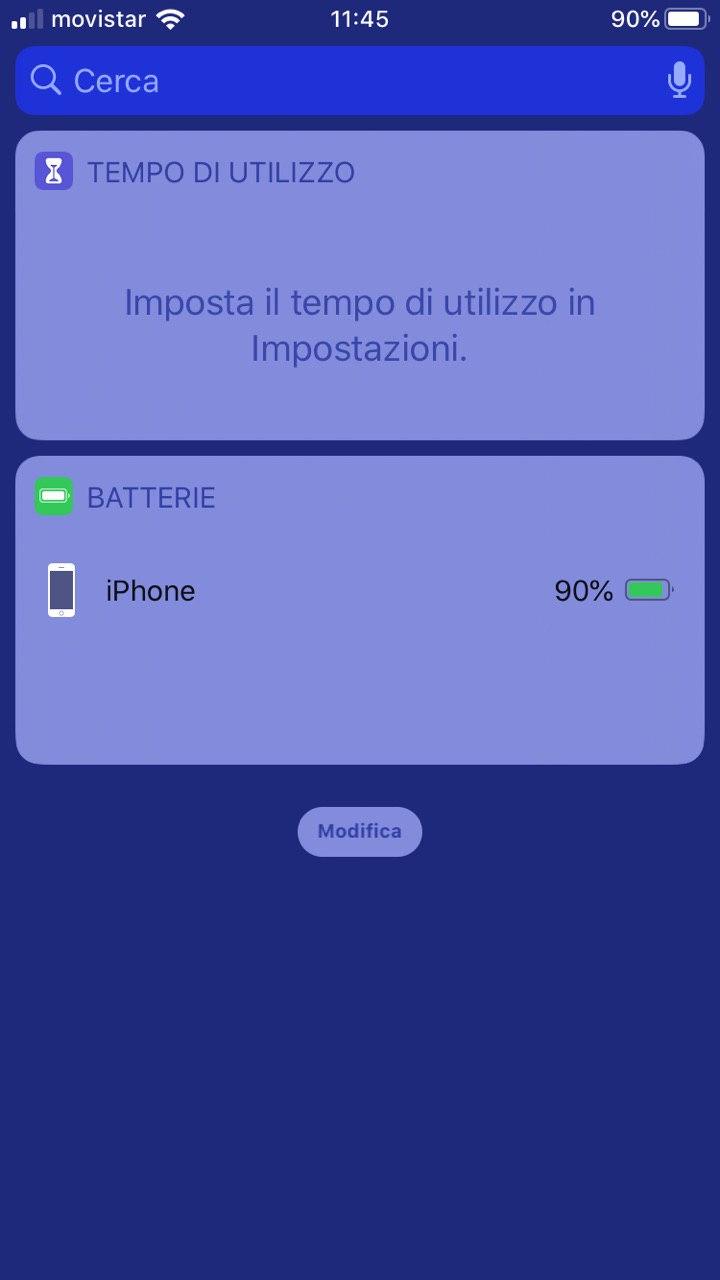Introduction
I will not argue in this essay why the “smart-phone” (here fondly called dumb-phone) is destroying our attention. As rightly argued by Cal Newport, for the first time in human history we are killing every space for boredom. We are constantly stimulated, either by the news, by a “funny” video or your favorite social media app. We feel like we are never alone when in reality social relationships have never been so weak.
My approach, and what I am suggesting you, is focusing on what you can control, i.e your exposition to the mobile phone. Frustration will always occur while interacting with zombies, people that have totally lost every kind of control on their digital diet. This is unavoidable. The best thing you can do is regain control of yourself, enjoy the sobriety that comes from having a “clean” mind, one that has a good mental hygiene in regard to the use of digital tool.
The goal here is two-fold. On one hand, I want to explain the underlying principles of good mobile phone usage, so that you are able to understand the why behind some counter-intuitive practice that I suggest.
The second objective is suggesting a series of practical tactics to implement in your day-to-day. I sincerely hope you will be able to modify or adapt them to your need.
Principles
There are all the elements to talk about addiction with the modern mobile phone usage. Compulsive and self-destructing behavior that tend to repeat and increment itself. Even if we are not talking about a cocaine addiction (even tough sometimes when you see people glued on the screen, it seems even worse), you will realize how hard it is to modify your phone habits, if you just rely on “willpower”.
The fundamental problem of willpower
There is a great heap of dead men’s bones lying all around, with the flesh still rotting off them. Therefore pass these Sirens by, and stop your men’s ears with wax that none of them may hear; but if you like you can listen yourself, for you may get the men to bind you as you stand upright on a cross-piece half way up the mast, and they must lash the rope’s ends to the mast itself, that you may have the pleasure of listening. If you beg and pray the men to unloose you, then they must bind you faster.

Willpower is great and it is the engine that moves the world. However, your level of motivation varies greatly from say, the morning after you have just had a good 9 hour sleep and the evening, where you just came back from work and you had bad news.
It is wise, before entering a battle, to know your own weak-points and prepare for it. Know in advance that there will be times where you will be demotivated and want to give in and binge watch the latest twelve videos of your favorite YouTube star on your bed, which for me it is the equivalent of eating a bowl of ice-cream when “depressed” (or maybe you should consider that you are just a pussy).
Here we want to devise strategies that will prevent to fall into mistakes right when we are the weakest.
Tactics
Deactivate all notifications
You are laying on your bed, after a long day of work and some sports, and you are getting ready to do focus your mind on a difficult book you had on the shelf for quite sometimes. Full of good intentions, you start reading. However, it’s not a long time until your mind starts being restless.
“Did my friends wrote something on Whatsapp? What if I miss it? Didn’t I hear the notification?”
Very difficulty, you contain this impulse for some fifteen minutes, until at last the mighty notification pops up and you jump on the phone, craving for the novel info.
Letting notifications on is allowing the nerd-overlords of Silicon Valley to interrupt your life and catch your attention, whenever they wish and their algorithms execute. It destroys your attention since in the back of your mind there is always the possibility that something might interrupt you. Thus, your attention becomes fragmented and you lose ability to exert deep work.
The first step is cutting ALL notifications.
Delete all social media applications
It is quite a lot of time I am out of the loop in terms of social media. I have never had Instagram, it’s five years since the last time I have watched the feed of Facebook and I have only heard about Snapchat. For me the real problem can be Linkedin and Twitter.
The first one is essential in the world I am working right now (Enterprise Sales) so I need to give it a look from time to time and be present. The latter instead has been the catalyst for my intellectual growth. There I have discovered Taleb, the Austrian Economists, the Bitcoin community, Rippetoe and Weightlifting, Javascript and the Coding community,…
So I clearly do not agree with the opinion that social media per se. They need to be used purposefully and not as a source of distraction. For me, connecting on Linkedin with a CFO and selling my software solutions is great. On the contrary, mindlessly scrolling the feed to get a dopamine hit is not.
This things considered, you don’t gain anything by having social media apps installed on your phone. They promote compulsive consumption of news as a “boredom-killer”. Notifications can definitely wait an afternoon.
It is superior on virtually every element to schedule your social media session and do it on a desktop pc.
Change your browser
This is thing that I have rarely seen on digital minimalist but it is crucial. Modern mobile browsers have way less customization capabilities than their desktop counterparts. One key issue to avoid mindless internet surfing is not having a list of “favorite websites” as soon as you access the browser. For example, Safari on iOS automatically lists you on the home screen the most visited website. This drains your willpower.
Imagine that you want to search a specific information, let’s say you are in a middle age mood and you want to know why the “Humiliation of Canossa” took place. If you see the twitter icon on the home screen, you might get rerouted to an unplanned session on social media.
The best way to avoid this, it is to install a browser which has no way to store chronology and password, so that each time you log you have to type manually the information you are searching. You are not “kindly” reminded which are your favorite website. Incidentally, this also helps with the previous point, as you want to access to a social media, you will have to type username and password.
The solution is called Firefox Focus and is available on iOS and Android.

Change the home and lock screen to something bland
We humans are very simple creature. We see a shiny thing and we try to catch it. As we said earlier, our objective is not to rely always on willpower but mainly to reduce the “firepower” of the dumb-phone.
When you are bored, it is sufficient an attractive image on your phone to unlock it. The next thing you know is that you spent the past thirty minutes browsing and doing mindless stuff.
The most common patterns that I see are:
- a landscape of some exotic place
- a photo of you and your soul-mate
- some “cool” or “funny” image that last four days
The common theme is: I want to look at something and be comforted. Wrong. You need to be reminded constantly that what you hold in your hand is a tool.
What I do is choosing a bland background, mono color blue in my case, like the old and ugly Windows 95 terminals. It has never occurred to me since I implemented this tactic to unlock at the phone just to look at something “nice”.
Choose a boring background to remind yourself that the dumb-phone is just a tool.

From mindless to purposeful search
You unlock the phone with a reasonable objective. You want to understand how to froze the marvelous rib-eye you just bought in the most effective way, without ruining it. So you get your dumb-phone out of your pocket and while your eyes are searching for the Safari icon, you get a glimpse of the messaging app. A quick look doesn’t hurt anybody, does it?
The phone is designed to keep the user glued to the screen for the maximum amount possible. The way they do it is to keep many shiny things on the same spot so that when you get sick of some content, you immediately pass to other applications. The danger is that when you open the phone with a purpose in your mind, you might get distracted in the journey and forget what the search was all about!
What we want is trying to implement a way to minimize this phenomenon of bad serendipity so that when we search something we only get what we were looking for. Here are the ways to do this on the iOS.
- Do not let applications float on your screen. Icons are like candies. Put every application in a folder with other ones.
- Do not pack every folder on one screen. I find myself restless when I look at such chaos. Put each folder on one separate screen so that you minimize distraction.
- To open an application you will use the text-search, so that when you look at something you don’t just tap it with your finger but you will have to write it.
- Disable the “suggestion” (seriously, fuck your suggestions dear nerds) on the automatic search. You don’t want to open up the search for driving directions and being shown messaging, browsing and social media apps.
To open application, stop tapping and start typing.


Reorganize the Apps
As you can see from the previous images, the line at the bottom of the screen is occupied by just one app. Of course this is on purpose, as I can quickly access what is most important, the Phone app. Here again the recurring theme: icons on a screen are like candies scattered across the table.


Comments